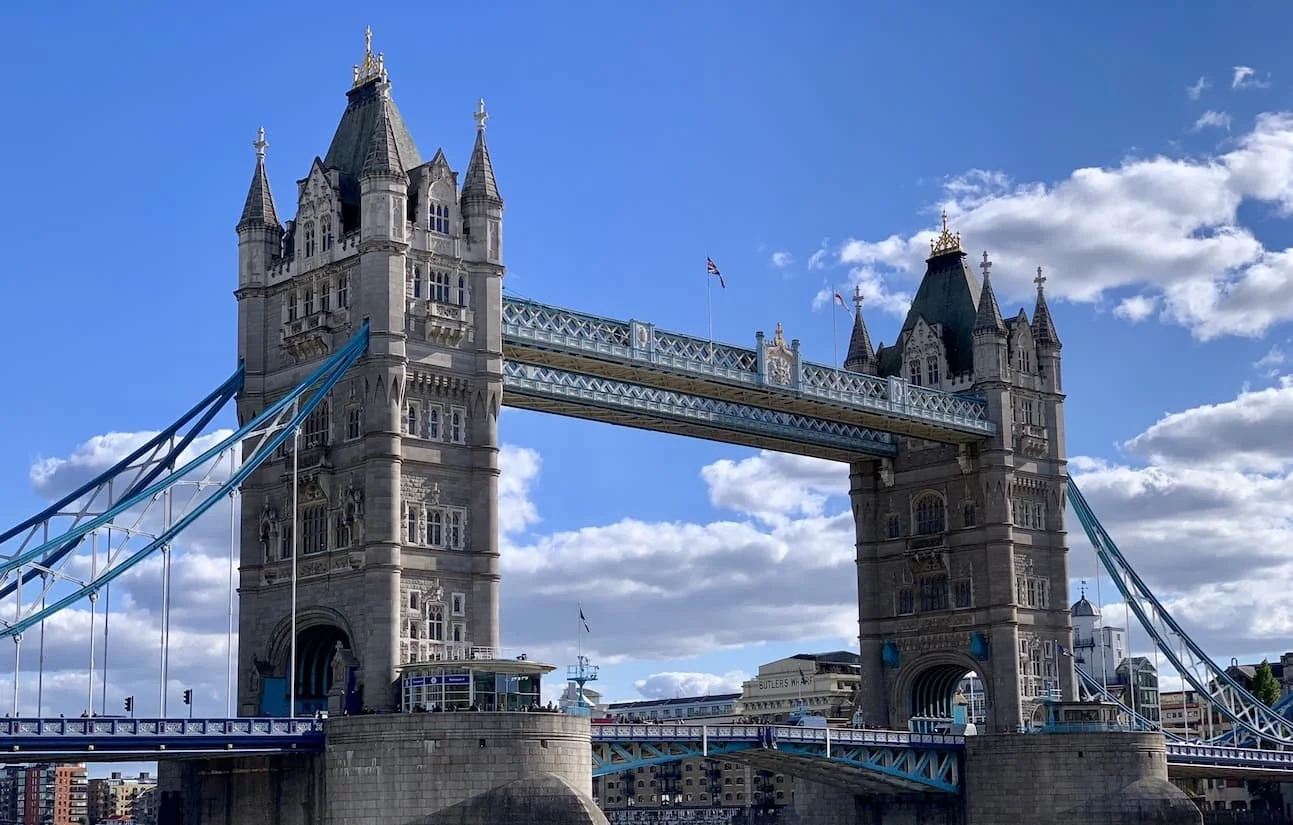Tapped Out: Trump's Surveillance Claims Fail to Hold Weight
/This latest public relations embarrassment is drawing to a close, hopefully laying to rest baseless distractions harming meaningful policy discussions on Capitol Hill. Following allegations claiming both Barack Obama and the United Kingdom wiretapped President Trump's communications, it has been confirmed by the Senate Intel Committee, House Intel Committee, and Department of Justice that no evidence exists supporting surveillance. Of those refuting Trump's charges, even republican leaders of Congress have stepped forward to validate such findings.
Detailed in a report from Reuters, House Intelligence Committee Chairman Rep. David Nunes revealed that the Justice Department "fully complied" with requests to review potential evidence. In addition, initial examination of the Justice Department's documents were said to contain concrete or circumstantial evidence for the claims - revealed by "a government source requesting anonymity." Similar discoveries have been echoed by CNN and other national news outlets.
A separate New York Times piece highlighted statements made by FBI Director James Comey, who implored that the Justice Department to reject Trump's assertions. Comey expressed exasperation over allegations assigning blame to the Bureau - alongside various other U.S. intelligence agencies. Considering the growing rift between the Presidency and the nation's largest law-enforcement agency, criticism surrounding White House actions will only worsen.
Statements from the White House come at a rather turbulent time regarding U.S. foreign relations. Accusations made against the U.K., one of the United States' oldest allies, has driven a wedge between Washington and London; unfounded as they were, claims made by Trump (and doubled down on by Press Secretary Sean Spicer) angered British officials and GCHQ, the British government's communications headquarters. Additional information provided by Reuters has illustrated a growing divide between Trump and the intelligence community at home. Deputy Director of the NSA, Richard Ledgett, remarked to BBC news that Trump's words were "just crazy." He went on to say:
“It belies a complete lack of understanding of how the relationship works between the intel community agencies, it completely ignores the political reality of ‘would the UK government agree to do that?’”
These developments have only served to widen the ideological and diplomatic gap between the two countries, who have had something of a contentious relationship following Inauguration Day.
The wire tapping controversy also spilled into diplomatic events Friday night, as President Trump hosted German Chancellor Angela Merkel. In what was supposed to be a meeting with one of America's key allies in Europe, Trump took the opportunity to air his dirty laundry regarding surveillance claims. According to the New York Times, Trump fielded a question addressing the wiretapping issue during the visit. Choosing to make an off-color joke about Merkel's relationship with Obama and surveillance, the President added tension to interactions already described as "stiff and distant."
These recent events reflect previous White House conversations with allied countries. During his early days in office, Trump distanced himself from Mexico, when a conversation was cancelled due to Trump's border policies. Additionally, disagreements over refugee intake abruptly ended a conversation with Australia's Prime Minister, Malcom Turnbull. White House criticisms of refugee policies caused talks with Sweden to degrade, and tensions with China arose following Trump's engagement with Taiwan. All of these actions have increasingly isolated the United States diplomatically, and will continue to do so moving forward.
To stymie these increasing divisions, it would be prudent for the White House to backtrack on their claims - offering apologies to wrongly-accused parties. Top congressional officials, media members, and Americans alike are pleading with Trump to make amends. However, Sean Spicer and the Oval Office are content with pushing their narrative despite lacking evidence. As Spicer exclaimed, per CNN, "I don't think we regret anything." The White House clearly does not understand the concept of accountability. If Trump believes he can blindly tout his own agenda without reprimand, he can expect more galvanized resistance moving forward.

